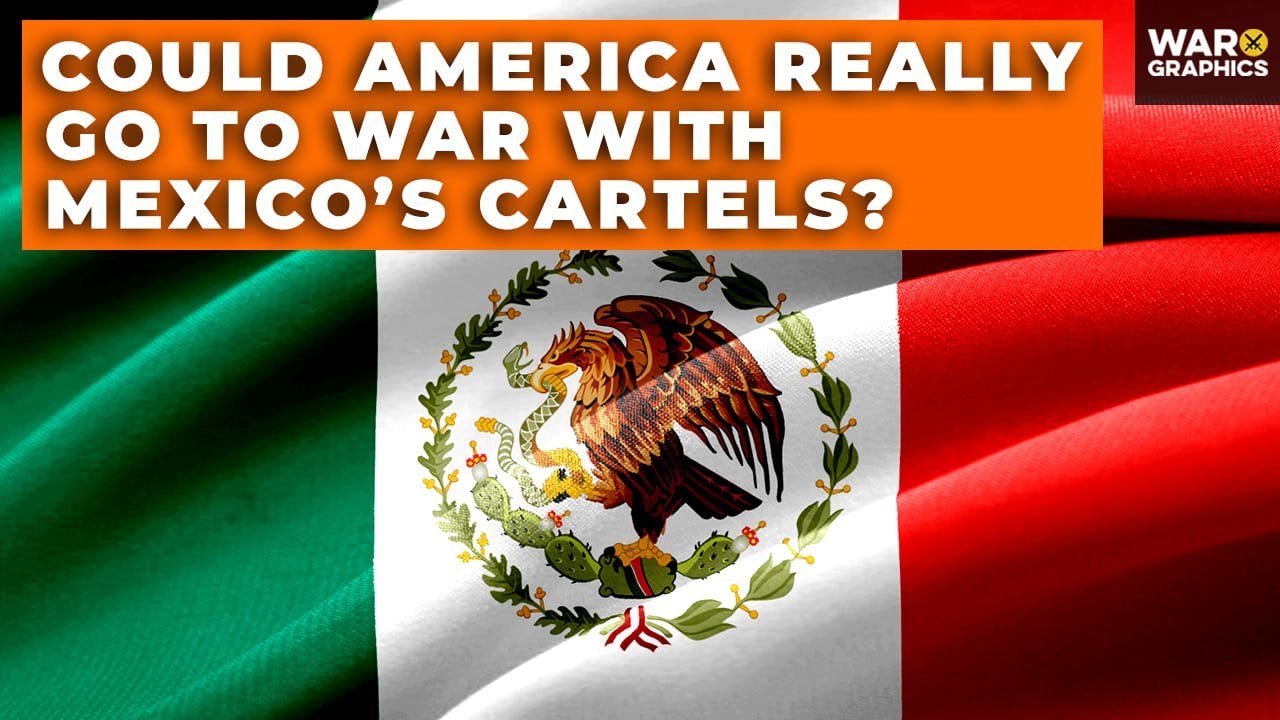- The proposal for U.S. military intervention in Mexico has gained traction among some American politicians as a solution to the opioid crisis.
- Significant opposition exists from the U.S. defense community and the Mexican government, with concerns about the legality, effectiveness, and potential for collateral damage.
- Cartels are deeply integrated into local communities, making targeted military actions without civilian casualties challenging.
- Fentanyl labs are small and mobile, complicating efforts to eliminate production through military strikes.
- Designating cartels as foreign terrorist organizations presents legal and practical challenges, given their primary motive is profit rather than political change.
- Previous efforts to combat drug production and trafficking, such as in Colombia and Afghanistan, have had mixed results, often displacing rather than eliminating the problem.
- Any unilateral military action by the U.S. in Mexico would likely lead to significant diplomatic fallout, damaging bilateral relations and cooperation on a range of issues.
- The opioid crisis in the U.S. is driven by domestic demand, suggesting that focusing solely on supply-side solutions like military intervention may not address the root causes of the epidemic.
This summary has been generated by AI.

Leave a Reply